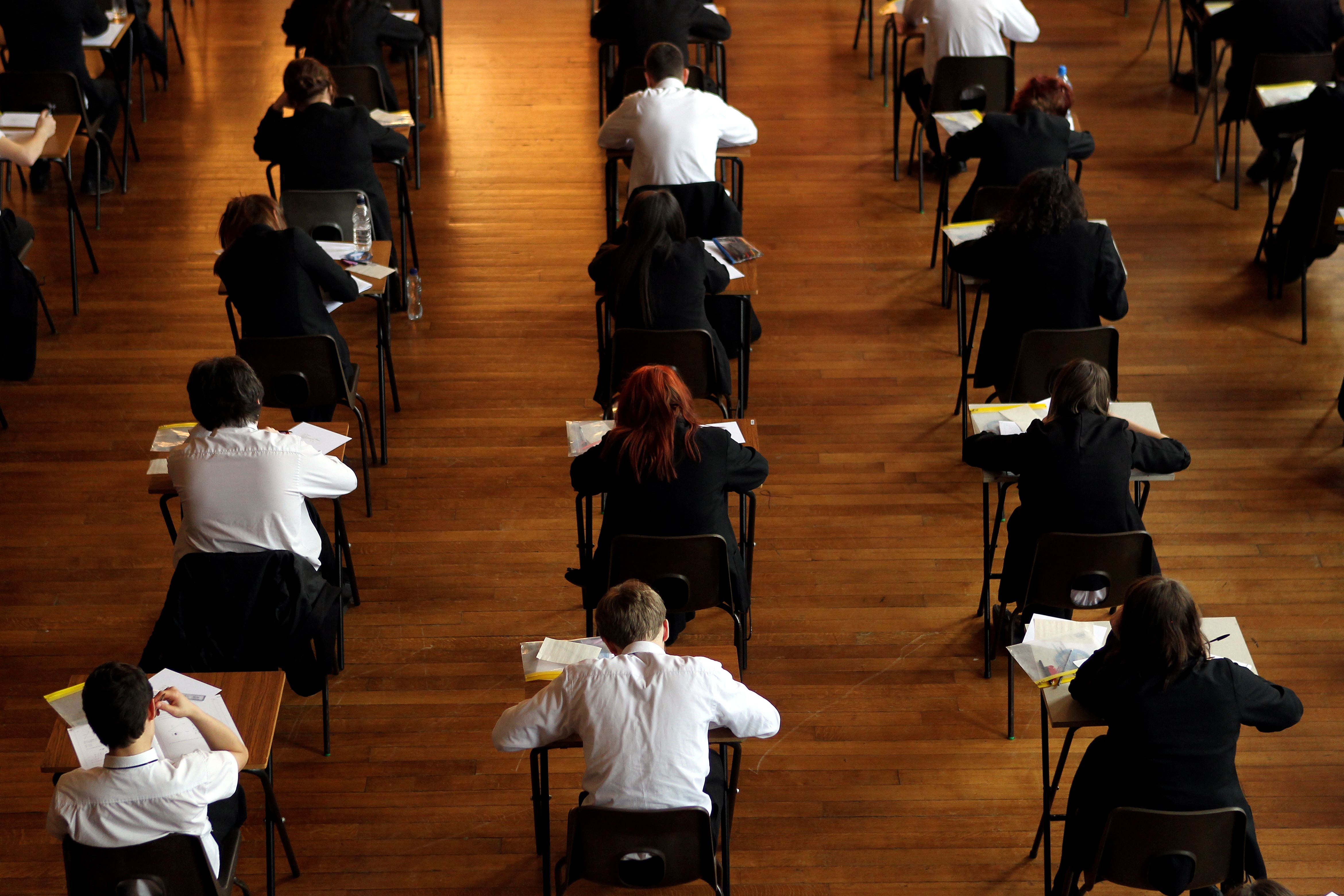Students could see their GCSE exam time reduced by up to three hours on average, the government has announced, following a curriculum review that deemed the current volume "excessive".
The final report from the curriculum and assessment review, which was initiated by Labour last year, specifically advises a 10 per cent reduction in exam volume at Key Stage 4.
Beyond GCSEs, the review also proposes new maths and English tests for Year 8 pupils, designed to identify learning gaps early.
In its response, the Department for Education (DfE) confirmed it would accept the review’s recommendation to scrap the English Baccalaureate (EBacc) performance measure introduced by Michael Gove, and would introduce a statutory entitlement for all GCSE pupils to study triple science.
Further recommendations include mandatory citizenship education in primary schools and a comprehensive overhaul of the Key Stage 2 grammar, punctuation and spelling assessment.
Curriculum review leader Professor Becky Francis told reporters “we are an international outlier in the number of exams and the volume of exams we have aged 16, only Singapore is anywhere near us”.
“So we do want to try and bring that down,” she said.
“It’s a very intense and elongated time, as anyone who’s been a parent of GCSE-age pupils knows, but we don’t want to trade standards and reliability.”
“The amount of time that young people spend in exams at key stage 4 has become excessive,” the report said.
The DfE said it would work with the regulator Ofqual and exam boards to reduce GCSE exam time, while making sure qualifications remained valid.
Additionally, the DfE confirmed it would replace the current computer science GCSE, explore the possibility of a new 16-18 data science and AI qualification and a new language qualification to sit alongside GCSE and A-level.
The government aims to publish the revised national curriculum by spring 2027, to be implemented for first teaching from September 2028.

The EBacc – a performance measure of schools which aims to ensure pupils take English, maths, science, a humanities subject and a language at GCSE – was introduced in 2010 under then-education secretary Mr Gove.
“It is clear that the (EBacc) performance measures have to some degree unnecessarily constrained students’ choices,” the review’s final report said.
“This has affected their engagement and achievement, and limited their access to, and the time available for, arts and vocational subjects.”
An amended grammar, punctuation and spelling test at primary school should be focused on children successfully applying grammar in their writing, rather than having to memorise grammar constructs such as fronted adverbials, the review recommended.
The department said it would ask the Standards and Testing Agency to amend the test to better reflect application of grammar and punctuation.
The DfE said it would also reform Progress 8, which measures schools on how much progress students make from the end of key stage 2 to their GCSEs.
Association of School and College Leaders (ASCL) general secretary Pepe Di’Iasio welcomed the review’s recommendations to reduce GCSE time, scrap the EBacc and for key stage 2 test reform.
Citizenship would become compulsory in primary schools to ensure all pupils learned financial and media literacy, about democracy and government, and access climate education.
It has already announced the introduction of a statutory reading test in year 8, and will further set out an entitlement for enrichment activities meant to ensure all children can access the arts, nature, outdoors, sport and developing wider life skills.
The government will publish a set of enrichment benchmarks for schools, and Ofsted inspectors will look at whether this offer is being met.
Education Secretary Bridget Phillipson said: “It has been over a decade since the national curriculum was updated, and it’s more crucial than ever that young people are equipped to face the challenges of today, so they can seize the exciting opportunities that life has to offer.”
The review also included the recommendation for new level 1 English and maths qualifications for lower-attaining 16 to 19-year-olds to help them prepare to resit their GCSEs – a measure already announced in the government’s Post-16 and Skills White Paper.
Professor Francis had told a school trust leaders’ conference in October that a more nuanced approach was needed to English and maths resits for post-16 students, “rather than an inflexible approach”.
The government launched a review of curriculum and assessment in schools and colleges just weeks after winning the general election in July 2024.
A panel of experts considered a range of evidence, including more than 7,000 responses from the public.







